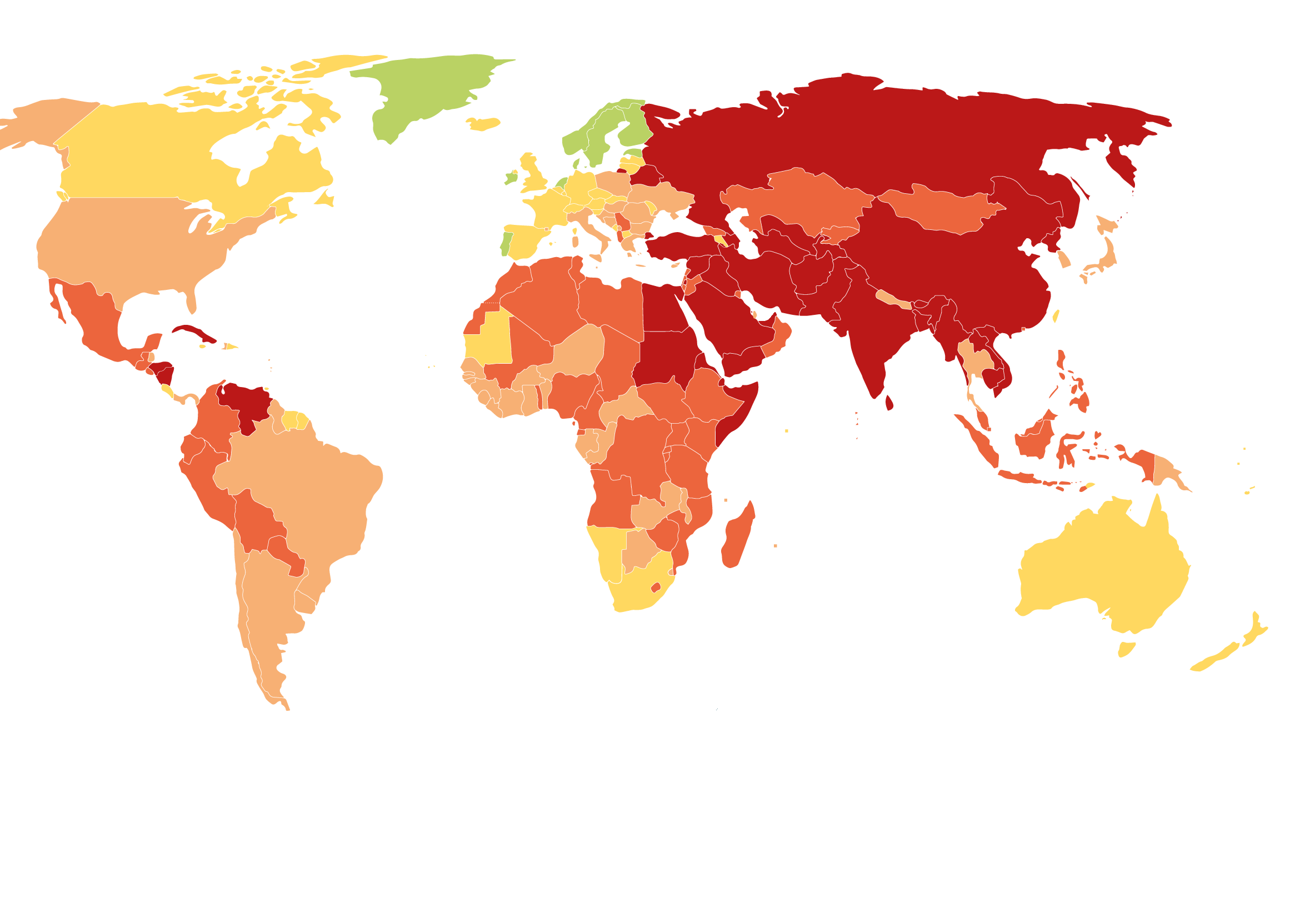Sudan’s exile media - fragile sources of news about a forgotten war

At least ten Sudanese exile media outlets have been founded or have continued to operate since Sudan’s civil war began two years ago, on 15 April 2023, and more than 400 journalists have fled to neighbouring countries, especially Egypt. While the international media continue to pay little attention to the humanitarian crisis resulting from the war, the exile media provide vital coverage, especially of abuses against civilians. Reporters Without Borders (RSF) condemns the harassment of Sudanese journalists in host countries.
“RSF hails the courage and remarkable work of Sudan’s exile journalists. But we must not forget the price they pay for continuing to do their job to report the news. After surviving violence and destruction, most now endure very precarious conditions in their host countries, subjected to administrative uncertainties and sometimes harassment. RSF, which has already helped more than 50 Sudanese exile journalists by means of grants, urges host countries to let them regularise their situation and, instead of sending them back to Sudan, to offer them the stability that is essential for them to keep working. RSF also calls on the Office of the United Nations High Commissioner for Refugees (UNHCR) to strengthen protection measures to prevent such expulsions and to prioritise journalists in resettlement programmes. Finally, RSF urges donors to provide more support to exile media, which are essential sources of freely-reported and independent information.
Before the war, when Hawa Daoud was a reporter for the Darfur 24 news website in El-Fasher, North Darfur’s capital, her salary enabled her to finance her sister's higher education. But this 28-year-old journalist has had no income since relocating to Kampala, Uganda, in June 2024. Daoud fled the fighting with her family after her neighbours were killed and her home was left without water. She told RSF that her journey of more than 2,000 km began with her work tools – her smartphone and laptop – being stolen by the paramilitaries of the Rapid Support Forces.
Her chilling account is by no means unusual in Sudan. The civil war that broke out between the regular army and Rapid Support Forces in April 2023 has killed tens of thousands of civilians and forced more than 12 million to flee within the country or to seek refuge in neighbouring countries. Far from sparing journalists, the warring parties have killed at least seven media professionals and imprisoned at least 17 others in connection with their work in the past two years, according to RSF’s monitoring.
RSF has also established that, as a result of this extreme violence, at least 431 journalists have fled to neighbouring countries: 300 to Egypt, 71 to Uganda, 23 to Kenya, 22 to Libya and 15 to Chad. This newly formed diaspora of journalists has created or recreated at least ten media outlets in exile, mainly news websites.
Vast network of Sudanese exile media
The Egyptian capital, Cairo, which hosts the biggest Sudanese exile community, is where exile journalists run the Sudania 24 and Sudan Bukra TV channels and the Al-Sudani, Saqia Press, Al-Ghad Al-Sudani and Ufuq Jdeed online newspapers. Most of these media lack an actual office. The Salam Media Network, Darfur 24 and Al-Taghyeer online media publish from Kampala, the Ugandan capital. The Aïn investigative website and the Atar news website cover Sudan from the Kenyan capital, Nairobi. Beam Reports is based in Kigali, Rwanda.
These media outlets have joined a bigger and older network of Sudanese exile news websites that continue to cover Sudan. Mashaweer Platform, founded in April 2022, operates from Paris, as does the Sudan Tribune, an online newspaper founded in 2003. Radio Dabanga, a news site specialising in Darfur, began broadcasting and publishing from the Netherlands in 2008.
Staff spread across several capitals
The staff of the independent newspaper Al-Jarida have taken more than one route into exile. They are now spread across four countries – Uganda, Egypt, Ethiopia and Saudi Arabia. In this new working environment, WhatsApp groups have replaced a meeting room for the editorial conferences that punctuate journalists’ daily routines.
The new reality of a team split over several exile locations is shared by Chawki Abd al Adhim, the founder and editor of the investigative website Istiqsaai. He fled to Egypt, but some of his staff found refuge in Chad and others in South Sudan. “My correspondents in Sudan have also lost their jobs and their homes, and are worried about their safety,” he told RSF. Adhim, who also had his electronic equipment stolen, simultaneously works for the Saudi media outlet Al Majalla, because he only has a tourist visa and cannot therefore work for Egyptian media.
Sudanese army continues persecuting in Egypt with help from local security services
While Egypt is now home to the largest number of Sudanese exile journalists and media, it is also the country where working as a journalist is the most dangerous. Egyptian President Abdel Fattah el-Sisi and his security and intelligence services are leading allies of the Sudanese military, led by General Abdel Fattah al-Burhan.
In May 2023, Sudania 24 TV was forced to stop broadcasting from Cairo. The reason was its decision to invite a political figure from the civilian coalition opposed to the war. Although the channel subsequently resumed broadcasting, the political debate show “Derayat al-Hadath” was terminated for good in December 2024. “Intimidation, ranging from deportation to death threats and defamation campaigns, targeted the Sudania 24 team, especially the show’s presenter, who was pressured to publish a statement in support of the Sudanese army,” a Sudania 24 journalist told RSF on condition of anonymity.
In September 2023, the Egyptian security services raided the offices of the independent TV channel Sudan Bukra, detaining its staff and a guest, who were eventually released without charge. Two months later, its staff were told they were to be deported to Sudan.




